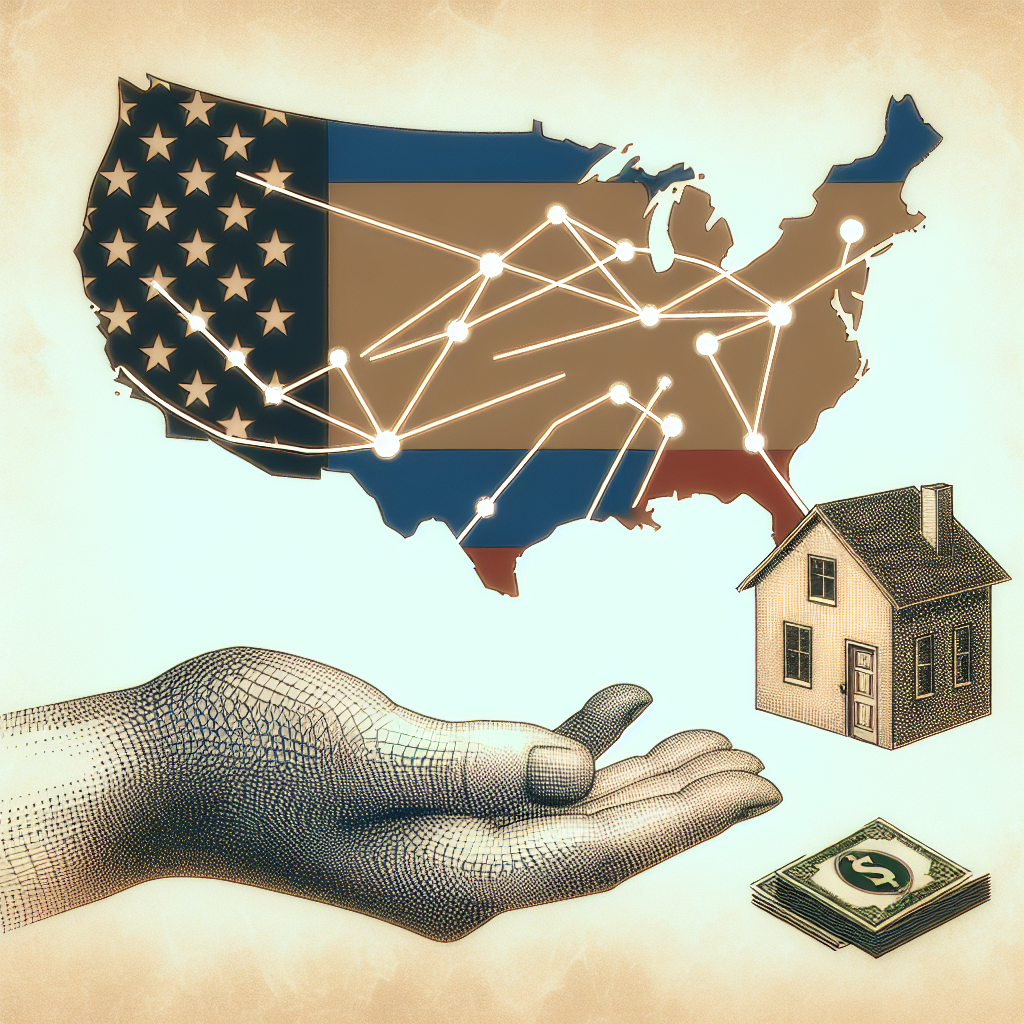Putin's Decree: Seizure of US Assets in Retaliation for Russian Funds - Legal Framework and Compensation

Putin's Decree Enables Seizure of US Property and Assets in Retaliation for Russian Funds Confiscation by the West
Putin Signs Decree to Seize US Assets
On a recent Thursday, Russian President Vladimir Putin authorized a decree that allows the Russian government to legally seize any US assets, including property and real estate, within its borders. This move is seen as a retaliatory measure to compensate for any Russian assets that are confiscated by the US. This comes at a time when Washington is working in collaboration with the EU to generate profits for Ukraine and its defense by utilizing frozen Russian assets.
Possible Seizure of Frozen Funds
The Kremlin's new initiative is reportedly being prepared only in the event that the US and Europe outright steal or fully seize the currently frozen funds. In anticipation of this retaliatory measure, the government has transferred many foreign investors' assets to special accounts. These funds cannot be moved outside of Russia without direct approval from the Kremlin.
Details of the Decree
According to state media, the decree allows for the seizure of movable and immovable property of the United States, American companies, and citizens within Russia. This also includes securities owned by them, shares in the authorized capital of Russian companies, and other property rights of the United States and Americans in the country. The Russian copyright holder, in this case, the Russian government or the Central Bank, can apply to the court to establish the fact of unjustified deprivation of property rights due to a decision by a US state or judicial authority and to receive compensation for said damage.
Legal Framework and Compensation
Russian media further reports that Putin’s decree gives the government four months to prepare the legal framework for the mechanism and submit the relevant proposals to parliament for consideration. The court may grant compensation in the form of property physically present in Russia, shares in Russia-registered businesses, and property rights. A governmental commission will be responsible for compiling the list of those who could be targeted for compensation. It is noteworthy that most major US companies fled Russia during the initial months following the February 2022 invasion.
West's Economic Policy with Russia
Earlier this week, the President of the European Commission, Ursula von der Leyen, made a statement that sheds light on the West's economic policy with Russia. She primarily spoke about China, but also stated, "I don't think that we are in a trade war. I have the motto: 'de-risk not decouple', and I think here it's very clear we are in the category of de-risking from China. We have decoupled from Russia."
Closing Thoughts
This development raises several questions about the future of international relations and economic policies. What are your thoughts on this issue? Do you think this move by Russia will escalate tensions further, or could it potentially lead to a resolution? Share your thoughts and this article with your friends. Remember, you can sign up for the Daily Briefing, which is delivered every day at 6pm.

















